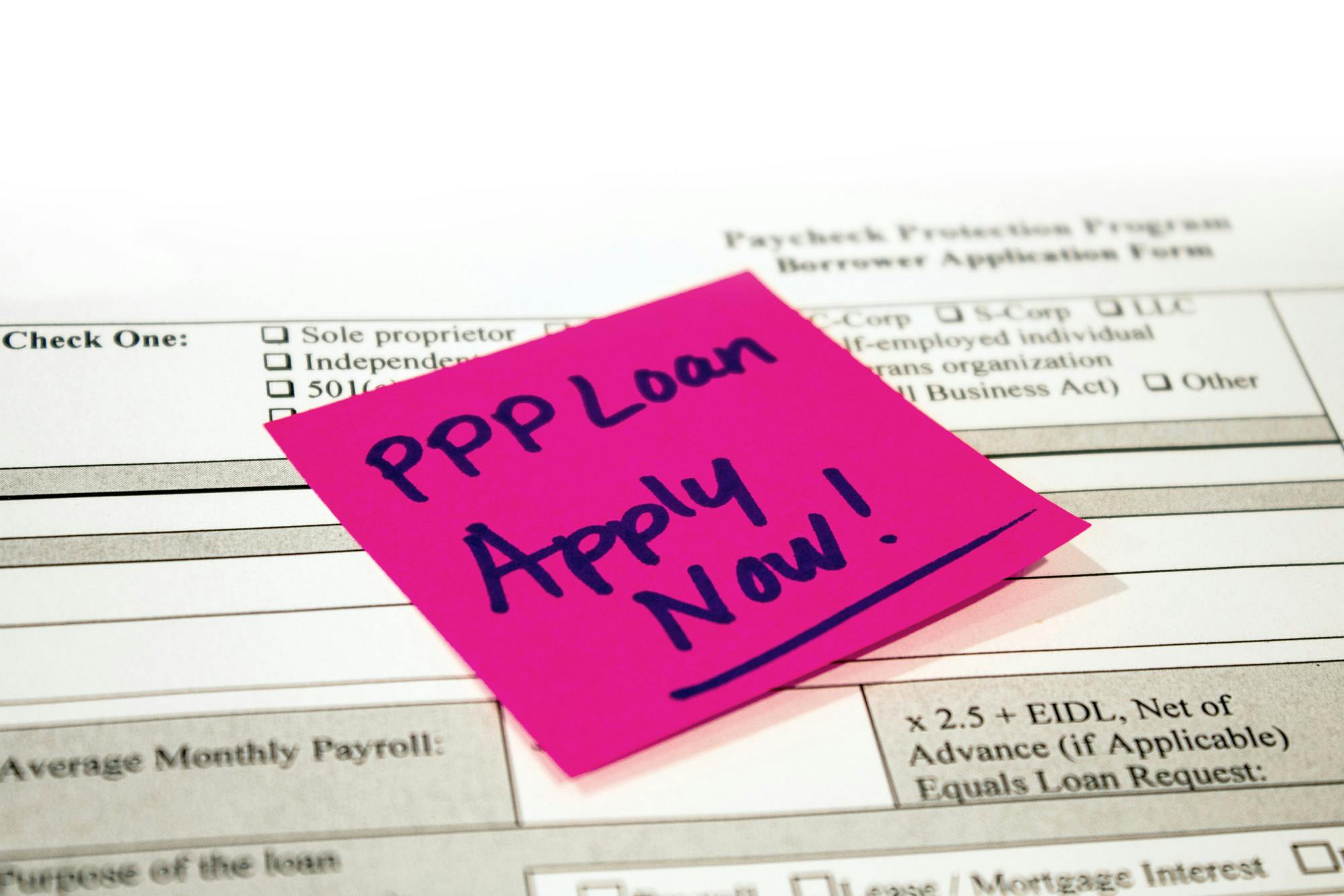A stark warning from the U.S. Treasury Secretary has intensified the mounting oversight focused on businesses receiving government aid as they struggle to stay afloat during COVID-19. On April 28th, Secretary Steven Mnuchin announced the government would audit any company receiving more than $2 million in forgivable loans from the Small Business Administration’s Paycheck Protection Program.
This news has sparked a shockwave of concern among companies seeking federal aid from Washington as many already face significant reputational risks. Big-name restaurant chains like Ruth’s Chris and Shake Shack – have recently learned the hard way.
Even before the Federal Reserve Board announced on Thursday, April 23rd that it would report monthly on borrowers’ names, loan amounts, and interest rates, providing a direct vector for data to be investigated, the Congress had created no fewer than three oversight bodies with overlapping mandates to hold recipients of CARES funding accountable.
Uniquely, the reputational peril lies not only in failing to follow the rules but even in closely adhering to the statute. The CARES Act specifically waived the Small Business Administration (SBA) requirements that borrowers apply for CARES funding only as a last resort. Specifically, the Treasury’s Paycheck Protection Program information sheet asks and answers, “[d]o I need to first look for other funds before applying to this program? No. We are waiving the usual SBA requirement that you try to obtain some or all of the loan funds from other sources (i.e., we are waiving the Credit Elsewhere requirement.”
In spite of that, Senator Marco Rubio (R-FL) recently said that he would use his power as the Chairman of the Small Business Committee to subpoena companies for failing to follow the SBA rules, saying any business “must certify it has been harmed by the coronavirus crisis and that PPP is necessary to maintain operations,” and specifically pointing to the program’s “borrower requirements” that specify that a business should make a “good faith certification” that “the uncertainty of current economic conditions” made the loan necessary to support ongoing operations.
In addition to traditional congressional oversight, each of the newly created oversight bodies, including the Office of the Special Inspector General for Pandemic Recovery, the Pandemic Response Accountability Committee, and the Congressional Oversight Commission will potentially investigate borrowers.
Adding legal jeopardy to reputational risk is the fact that as with all large government injections that aim to expedite recovery, the Justice Department will be aggressive about investigating and prosecuting fraud and abuse under the False Claims Act.
In these past few weeks, we observed multiple companies return lawfully received funds in judgment calls that risks to their brand equity were greater than the possible liquidity shortages the funds would have covered. Importantly, this occurred in advance of any highly organized public shaming effort that will soon materialize in the wake of the overtly political actions taken this week by Congress.
On April 24th, a strict party-line vote created the Coronavirus Select Investigative Subcommittee within the House Oversight and Reform Committee, led by Majority Whip Rep. Jim Clyburn, D-SC. With a generous $2 million budget and subpoena powers, the committee is set to probe the “efficiency, effectiveness, equity, and transparency of the use of taxpayer funds and relief programs to address the coronavirus crisis.” Additionally, it will look at health disparities, whistleblower protections, executive branch communications, and cooperation with investigative bodies. It must report its findings to the full House and is also explicitly free to produce interim reports.
Any CARES Act recipient not wishing to be the subject of such report would be well advised to aggressively communicate, and therein, de facto “self-report” how it has been a good steward of the public’s money and has used it to save jobs, save lives, or otherwise enhance the public good.
Congress also established a $140 million war chest for preexisting oversight bodies Inspector Generals (IG) to investigate various aspects of the government’s emergency funding. While legal risk can be managed by careful attention to the statutes’ terms, the sharp partisan divide on oversight presents ripe conditions for a company to be unwittingly caught in the political crossfire. The White House has expressed it has constitutional concerns about both the CARES Act’s Pandemic Response Accountability Committee of nine different agency IG’s and the Treasury’s new Special Inspector General for Pandemic Recovery, which oversees the $500 billion large businesses loan program. In turn, congressional Democrats are already charging that President Trump’s pick for the special IG position is not independent enough from the Administration.
Political bodies conducting oversight can be thought of as more Kabuki theater than determined fact-finders. In such a politically charged atmosphere, the number one thing CARES Act participants must do, in addition to close adherence to all legal requirements, is proactively communicate and foreclose the possibility of becoming a prop in a political play. Strategically communicating about one’s use of CARES Act funds affords the benefit of telling your story before it can be mischaracterized.
